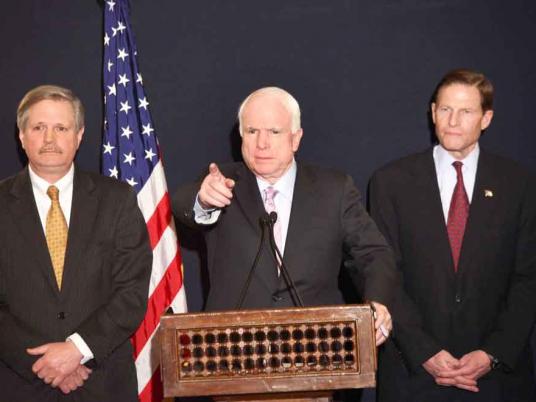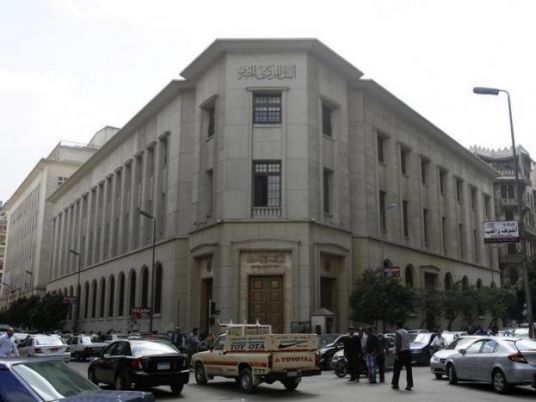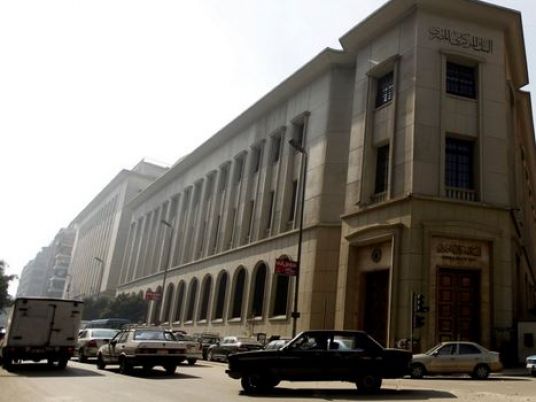After decades of fraudulent polls, many Egyptians headed to polling stations on Saturday for the first time in their lives. They are filled with optimism their votes will finally count and that evil hands won’t taint the ballot box.
From 8AM to 7PM, voters can cast their vote at 9273 polling stations nationwide. The military announced that 16,000 judges will monitor the voting process. To make voters’ lives easier and ensure a high turnout, Egyptians may cast their ballot with their identification cards — rather than voting cards — at the nearest polling station. In the meantime, the armed forces warned against any attempts to fix the vote.
Egyptians will determine their stances on the military-backed amendments to the old constitution after nearly three weeks of heated debates in political and intellectual salons. The local media have played a crucial role in conveying divergent views over the proposed changes which ease eligibility conditions for presidential candidates, limit presidential terms to two, reinstate full judicial supervision of elections and require the newly elected parliament to draft a new constitution.
However, the details of the proposed changes fall short of pleasing everyone. Many legal experts spot major “constitutional flaws” in the amendments, contending the old text should be abrogated all together and a new constitution should be drafted before any elections are held. Many renowned judicial sources have voiced their vehement opposition to the amendments; they include Vice President of the Supreme Constitutional Court and Egypt’s first female judge Tahani al-Gebaly and the widely respected Vice President of Egypt’s Cassation Court Justice Hesham al-Bastawisy. The later announced his intention to run for president.
Al-Bastawisy’s competitors for the presidency likewise reject the amendments; these candidates include reformist Mohamed ElBaradei, former head of the UN nuclear watchdog, and Amr Moussa, secretary general of the Arab League who are set to compete for the same post.
In the meantime, the nation as a whole seems divided over whether to approve the amendments. While the country’s largest and most organized opposition force, the Muslim Brotherhood, has thrown its full backing behind the amendments, many secular groups stand against them. Informal opposition groups such as The Coalition of the Revolution Youth and the National Association for Change called for a no-vote. The same stance was adopted by major parties including the Wafd Party, the left-wing Tagammu Party and the liberal Democratic Front Party.
Shortly after Mubarak’s ouster, the army appointed a legal commission to modify constitutional articles that pertain to the conduct of parliamentary and presidential elections. Earlier, the military had announced it would return to the barracks after a six-month transitional period during which both elections would be held. Yet, many voices insist the transitional period should be extended until a new constitution is drafted and all restrictions on political activity are lifted. Detractors of the proposed amendments contend that if elections were held soon, the parliament would be dominated by Islamists and remnants of Mubarak’s National Democratic Party.
On the other hand, the yes-voters argue that the amendments will ensure a quick transition to civilian rule and preclude any military attempt to hijack power.
On Wednesday, political scientist Moataz Abdel Fattah, a supporter of the amendments, sought to refute the argument that approving the amendments would allow Islamists to hijack parliament.
“The next elections will not lead to a Muslim Brotherhood-dominated parliament unless other forces fail to do their job…The Brothers got 20 percent of the seats in the 2005 elections because most Egyptians didn’t vote. Hence, if the turnout is high, the brothers will definitely get a lower percentage,” wrote Abdel Fattah in his weekly column in al-Shorouk, an independent daily.
As to public opinion, polls predict contradictory outcomes. According to a survey held recently by the cabinet, 59 percent were against the amendments. However, another poll held by the state-owned Al-Gomhoriyya daily showed that 68 percent said they would cast a yes-vote versus 18 percent who said they would cast a no-vote. Thirteen percent were indifferent.
Many Egyptians still seem confused over what ballot to cast and what they should support. Yet, despite the uncertainty, some opinion makers believe Egyptians should rejoice in this historic moment where the nation is to hold a genuine election for the first time.
In a column titled “Yes-no to constitutional amendments,” famed writer Belal Fadl spoke positively of Egypt’s current political scene. “Now we know that freedom is confusing…In both cases, you have to be happy because now you can make a choice and say yes or no. The most important thing is to rejoice in this confusion, as long as you don’t stay home on Saturday…” wrote Fadl in Al-Masry Al-Youm on 15 March, urging his readers to participate in the referendum.
With the help of thugs and police intervention, Mubarak’s ruling party manipulated elections for decades. Because the results were always a foregone conclusion, Egyptians were spared the hassle of figuring out how to vote. Vote-rigging discouraged millions of Egyptians from engaging in politics and kept the electoral turn-out below 20 percent in most cases.




